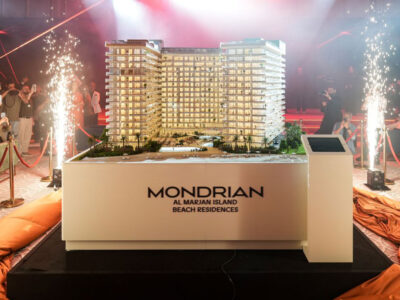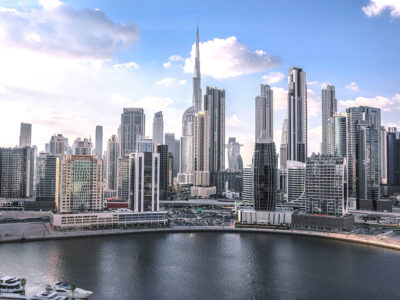Average prime rents across Dubai are currently a little over AED200 per square foot (psf) or 4.2 percent lower than the first quarter of 2020, the lowest level recorded since Q3 2012, Knight Frank’s Office Market Updates for Q1 2021 indicated.
The research also indicated that average office rents in Dubai Citywide fell by 7.7 percent, year-on-year with Grade A (AED120 psf) and Citywide (AED96 psf) rents falling by 9 percent and 8.7 percent respectively between Q1 2020 and Q1 2021.
“The fallout from Covid-19 is still being felt across the market, however there are pockets of activity emerging, with the technology-media-telecoms sector being notable active, mirroring trends in other major global markets,” Faisal Durrani, head of Middle East Research at Knight Frank.
“The increased level of activity stems from rising nation-wide business confidence, driven by the world-leading vaccine roll-out programme that is allowing a semblance of normality to return. Still, this doesn’t take-away from the fact that the pandemic has fundamentally altered occupier mindsets, with occupational strategies still under review, with a view to factoring greater remote working going forward,” he continued.
 Faisal Durrani, head of Middle East Research at Knight Frank
Faisal Durrani, head of Middle East Research at Knight Frank
Looking ahead, Knight Frank believes that the trends of consolidation of space and flight to quality are likely to continue. Occupiers are, where possible, seeking to take benefit from weaker market conditions to upgrade occupational space while being mindful of increasing total spend. Landlords are expected to remain flexible in order to retain and attract occupiers.
Meanwhile in Abu Dhabi, as of Q1 2021, average prime office rents were recorded at AED1,725 per square metre (psm) 3.9 percent up on Q4 2020.
Average grade A office rents were at AED1,192 psm at the end of Q1, a -0.9 percent drop on Q4 2020, while Citywide rents fell to AED897 psm, from almost AED940 psm during Q4 2020.

Market wide vacancy in Abu Dhabi’s office market stood at 21.7 percent at the end of Q1 2021, down slightly from 21.9 percent at the end of last year, meanwhile prime office space registered a vacancy rate of 25.6 percent at the end of Q1 2021, down from almost 29 percent in Q1 2020. Grade A offices currently have a vacancy rate of 22.3 percent while 15.4 percent of grade B space across the city is vacant.
“Activity in Abu Dhabi’s occupier market is expected to remain subdued with new take-up likely to continue being driven by public sector entities and smaller domestic businesses,” said Durrani.
“The latter are looking to capitalise on the weaker conditions by consolidating operations, or upgrading offices, where possible, but average space requirements remain relatively small amongst this cost-conscious cohort, who will find prime rents remaining firm,” he said.





